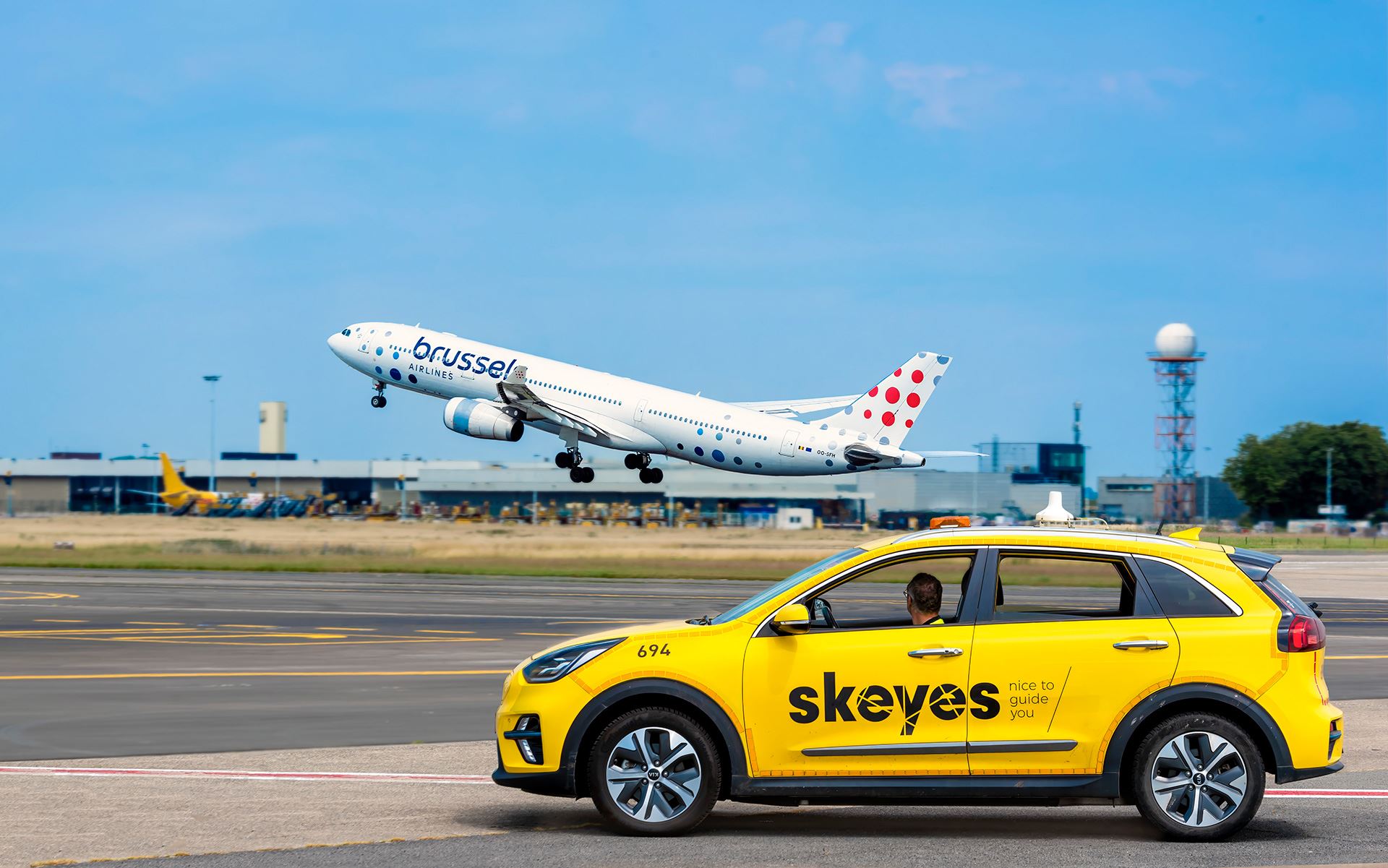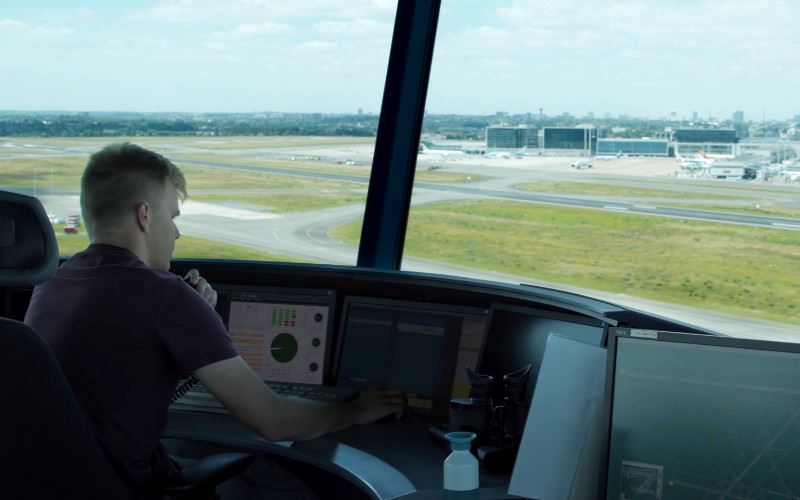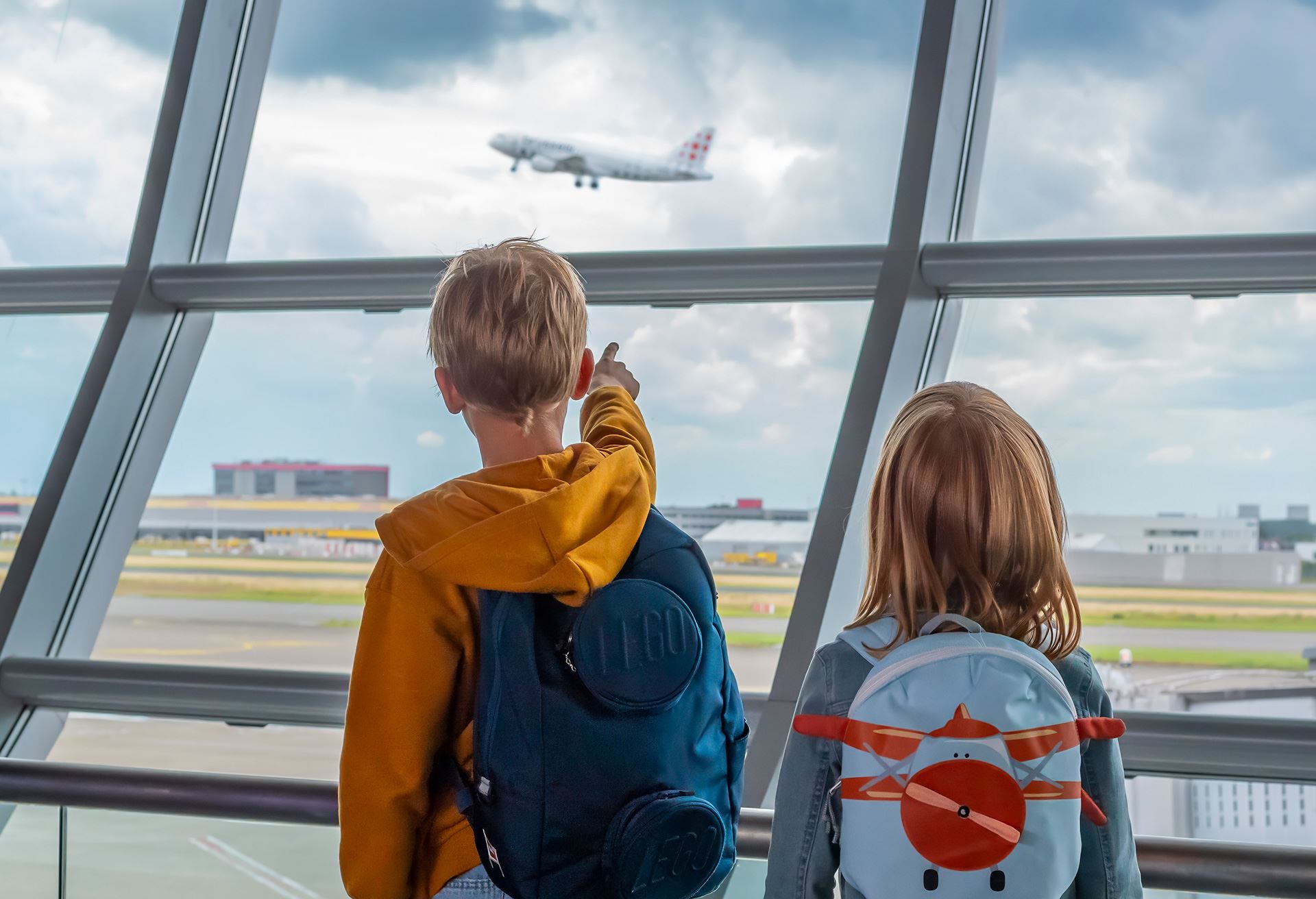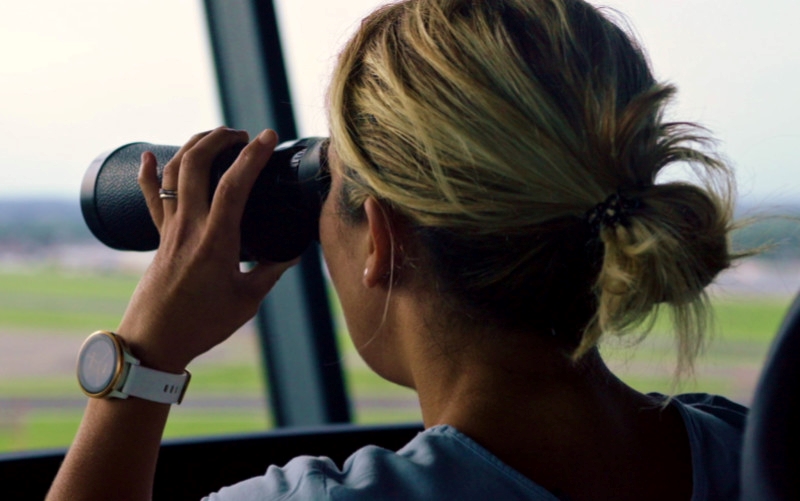Interview with Alain Du Bois, Safety & Quality Advisor skeyes
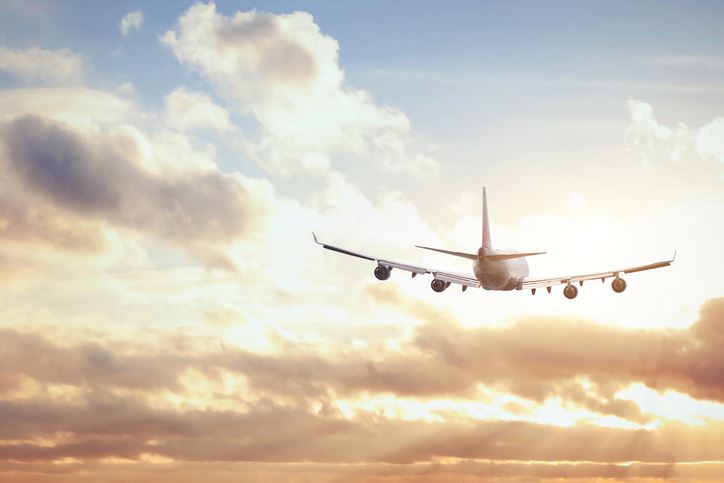
What is the role of SMS and SMU in skeyes safety mission ?
skeyes has a clear mission: to ensure the safety of air traffic, that of pilots, passengers and anyone who might be involved in a potential accident.
When we talk about safety, we can distinguish two types: firstly, the safety provided on a day-to-day basis by the operational services responsible for it. Here, every skeyes employee plays a role at his/her level. This relationship is very direct and clear for controllers and supervisors as well as the technicians who maintain the facilities. But every skeyes employee contributes indirectly to safety performance.
Secondly, we have our Safety Management System (SMS), which implements a set of procedures to assist in decision-making based on the risks detected. The mission of the SMU (Safety Management Unit) is to develop the SMS according to the latest international standards and based on good practices applied by other providers of air navigation services. The SMU is therefore responsible for the application of SMS and its development. It serves as the centre for all safety-related activities.
Safety has developed considerably over the last 10 years. To what do you attribute this positive development?
Looking back on the past decade, there are two major differences compared with the current situation.
Firstly, there are the ‘Common requirements’ issued by the European Union, which introduced the obligation to set up a safety management system. This system gives everyone the opportunity to commit to safety. The Executive Committee encourages this principle and has taken measures to apply it. Employees can freely report any safety-related incident. We record these reports and inform the management and carry out an investigation and an analysis of the reported facts.
Another big change relates to culture. Ten years ago, there were only about a hundred safety-related incidents per year. Today, there are more than 1,000. So, employees have much greater freedom and openness to report safety-related incidents and this also stimulates a stronger commitment to contribute to the safety of air traffic in general.
In terms of working with our partners and customers, what initiatives are there to improve safety?
Collaboration with our environment, our partners and our customers is very important given that the providers of air navigation services cannot act alone. Everything involves close interaction between airlines, airports and air traffic control organisations.
In terms of safety, this relates mainly to an active exchange of information concerning a reported problem or the preparation of a change on a given system. Systems change, so to speak, daily, due to internal or external modifications, improvements or adaptations, such as work at the airport, or due to special circumstances such as a visit by the President of the United States. This requires a lot of preparation and adjustment to our air traffic management system. We therefore have to provide an adequate response so that everyone can act appropriately.
What will skeyes focus on to improve safety further in the coming years?
We will strive to improve safety by acting on several factors. Firstly, we will work on emerging risks, such as drones that are attracting more and more interest. Secondly, we will also focus on information technology security, which is also becoming an increasingly important element in our environment. Thirdly, we will continue to improve our Safety Management System (SMS). Today, there are over 1,000 safety incident reports through a further implementation of Just Culture. We will have even more in the future. We must therefore be prepared to deal with even more safety incident reports and to carry out more analyses and be able to give feedback to employees who reported these incidents.
We will also continue to develop our Operational Safety Unit (OSU) to reinforce proactive actions alongside reactive actions by increasing the organisation of safety surveys. Safety surveys are actions that pro-actively see what happens in operations without waiting for an incident to occur; they see what works and find improvements.
One last aspect we will focus on is human performance. Last year we started a collaboration with the KU Leuven and contributed to a chair in Human Factors and Leadership in Aviation Safety. This collaboration continues and we have also acquired internal skills in the field. Finally, in our environment, we have to call upon many external stakeholders, such as suppliers. As skeyes retains responsibility for the proper conduct of its operations at all times, we will also focus on supervision of these external stakeholders.


